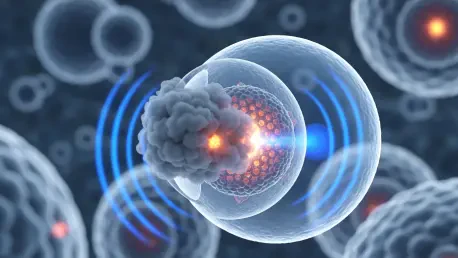
As a leading expert in biopharma innovation, Ivan Kairatov has dedicated his career to the intersection of technology and medicine. His work focuses on pioneering new frontiers in research and development, particularly in creating intelligent therapeutic systems. Today, he shares his insights on a
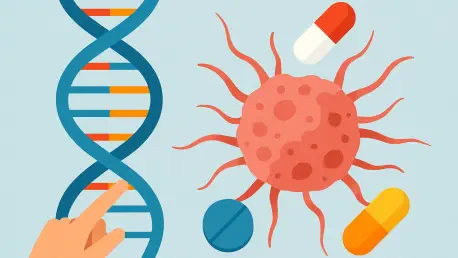
A groundbreaking study has decisively answered a question at the forefront of modern medicine, confirming that a cancer treatment tailored to the unique genetic fingerprint of a patient's tumor is not only possible but also significantly more effective and safe than conventional approaches.
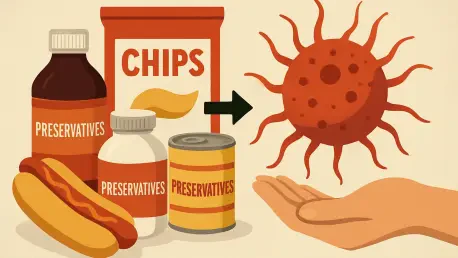
A landmark French study involving over 100,000 adults has brought renewed scrutiny to the grocery aisle, suggesting a significant association between higher dietary exposure to specific food preservatives and a modestly increased incidence of cancer. The research, published in The BMJ , leverages
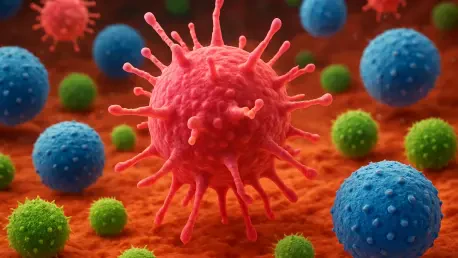
The era of living medicines has dawned with treatments that can melt away once-untreatable cancers, yet this revolutionary power remains locked away from the vast majority of patients who need it. These advanced cellular immunotherapies, while miraculously effective for some, are hobbled by a
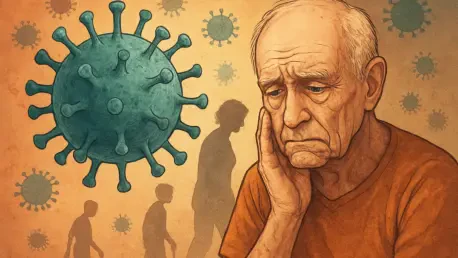
The persistent feeling of being physically older and less resilient following a serious illness is no longer just a subjective complaint but is now understood as a tangible biological process driven by cellular damage. Many who recover from infections like influenza or COVID-19 report lingering
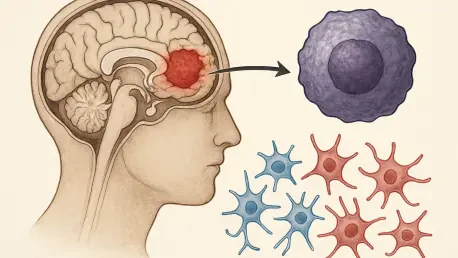
We are joined by biopharma expert Ivan Kairatov to discuss a groundbreaking discovery that redefines our understanding of IDH-mutant glioma, the most common malignant brain tumor in young adults. This conversation explores how this cancer begins not as a visible mass, but as a stealthy infiltration